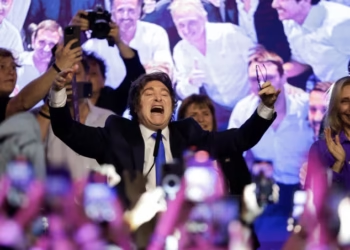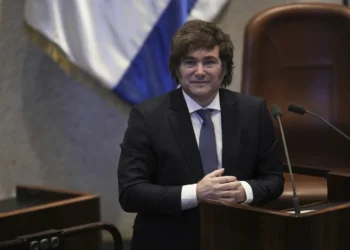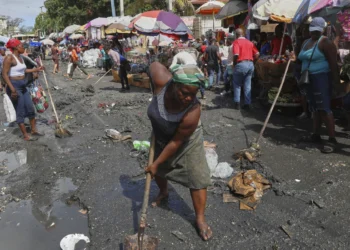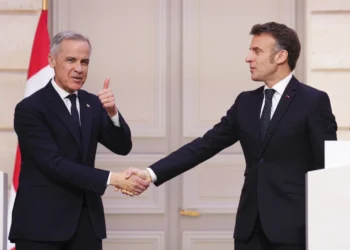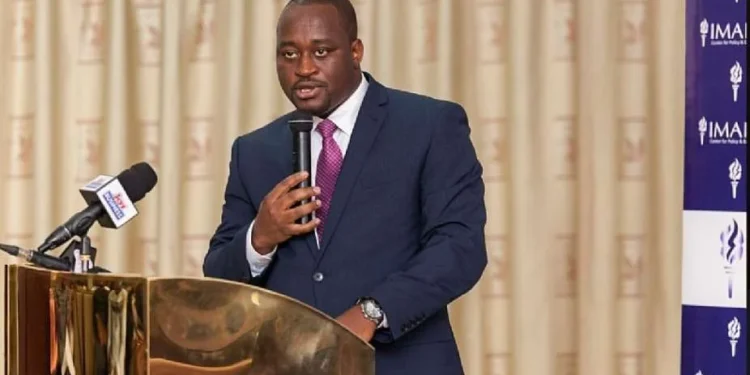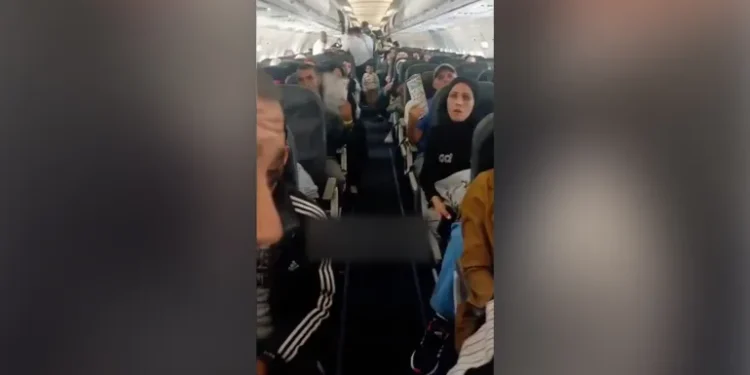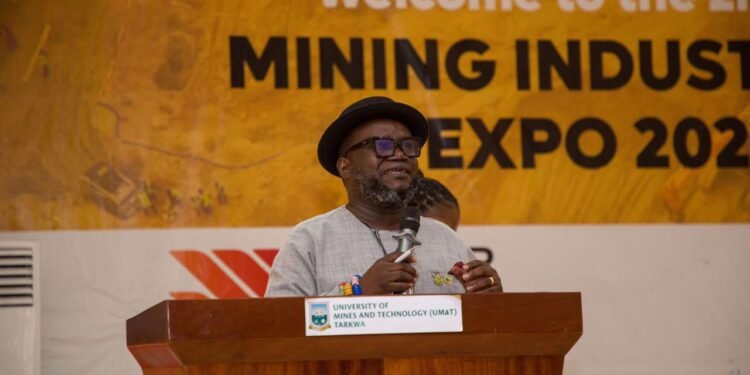Amid the chaos of adult power struggles, children often find themselves caught in the crosshairs. Innocent lives are disrupted, dreams shattered, and laughter silenced as they become unintended victims.
These young souls, caught in a conflict not of their making, bear the tragic consequences of ambitions and disputes beyond their control.
According to the United Nations Children’s Fund (UNICEF), the turmoil and violence gripping Haiti have led to the displacement of over 300,000 children, with an alarming rate of one child being displaced every minute since March 2024.
This stark revelation was made public on Tuesday, July 2, highlighting the severe humanitarian crisis unfolding in the Caribbean nation.
Catherine Russell, the Executive Director of UNICEF, emphasized the dire situation, underscoring the profound impact of the violence on the most vulnerable members of society — children and adolescents.
“The humanitarian catastrophe unfolding before our eyes is taking a devastating toll on children. Displaced children are in desperate need of a safe and protective environment, and increased support and funding from the international community.”
Catherine Russell
Haiti, plagued by years of political instability, poverty, disease, and recurring natural disasters, now faces an escalating humanitarian emergency.
Approximately three million children across the country are in dire need of humanitarian assistance. This dire scenario places immense pressure on already stretched resources and exacerbates the suffering of the population.
Heightened Risks for Displaced Children
Displaced children in Haiti are facing severe risks, including exposure to violence, sexual assault, exploitation, abuse, and family separation.
The disruption of essential services such as safe spaces, healthcare, and access to clean water and sanitation compounds their vulnerability.
The dire conditions in camps and makeshift settlements have led to poor hygiene, increasing the likelihood of disease outbreaks such as cholera.
Additionally, the ongoing violence has resulted in school closures and economic hardships, forcing many children to abandon their education.
UNICEF has also raised concerns over the disturbing trend of children being coerced into joining armed groups as a means of survival or protection, a grave violation of their rights and international law.
The challenges facing Haiti are further compounded by natural disasters. The National Emergency Operations Center has issued warnings about a “hyperactive” cyclone season, posing an additional threat to the displaced population.
Last month, a tornado in Bassin Bleu, Northwest Department, destroyed the homes of 650 children, adding to the mounting crisis.
The healthcare system, already overwhelmed by the surge in violence, is bracing for the rainy season, which is expected to exacerbate the spread of water-borne diseases.
“The needs in Haiti continue to grow, alongside the dangers for children,” Russell stated, emphasizing the critical need for collective action to protect children, provide education, and ensure access to basic services.
Gang Violence and International Response
Amidst this turmoil, gang violence remains a significant threat. Notoriously feared gang leader Jimmy Cherizier, known as Barbecue, has openly challenged the presence of Kenyan police officers deployed in Haiti.
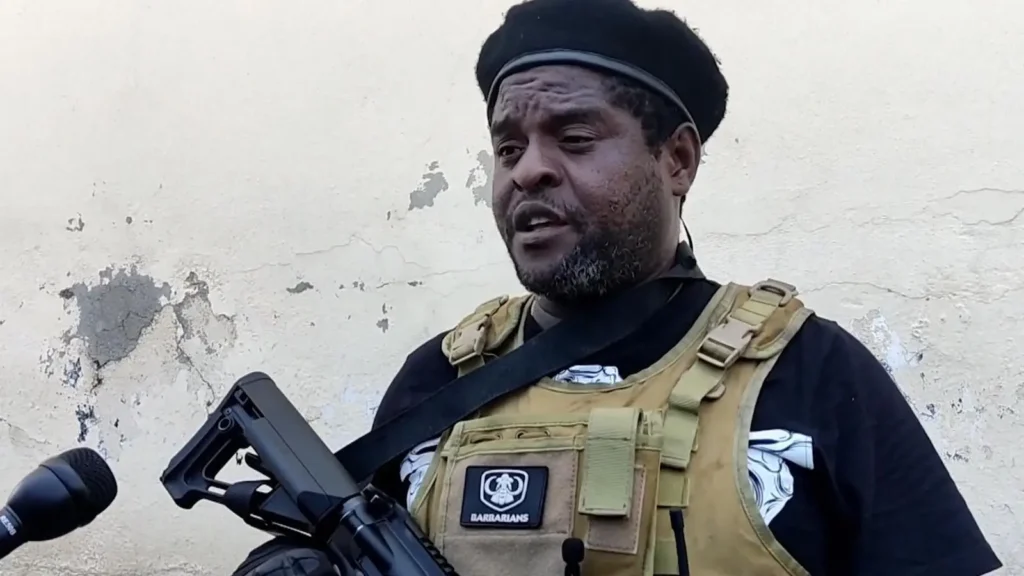
In a viral video, Barbecue rallied his members to resist the international forces, referring to them as invaders.
“I don’t care if they are white or black. If they’re not Haitian and they’re on Haitian soil, they’re invaders,” Barbecue declared, reinforcing his commitment to fighting for the country’s “liberation.”
Despite recent calls for peace talks, Barbecue dismissed suggestions of retreating from the conflict. “It’s a bloodbath. It’s a fight for the country, and I will fight for it even if I die,” he stated, asserting his readiness to continue the struggle.
Calls for Dialogue
In response to the escalating violence, Haiti’s Prime Minister Garry Conille has urged Barbecue to lay down arms as a precondition for dialogue. In a press briefing, Conille stressed that meaningful negotiations could only proceed if the gang leader ceased his illegal activities.
The situation calls for immediate action to address both the humanitarian needs and the underlying causes of the violence, ensuring a path towards stability and recovery for Haiti.
READ ALSO: July Starts in a Dead Heat for GSE




